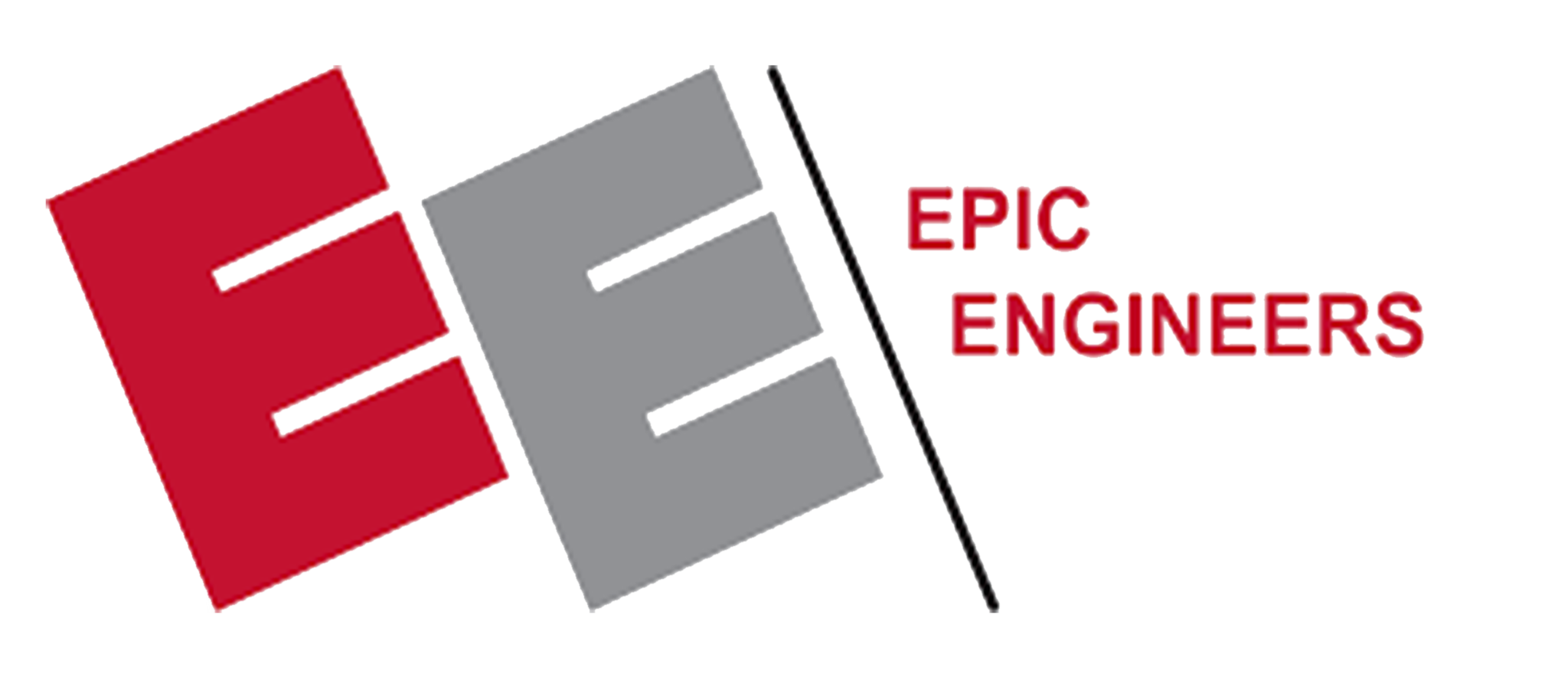PLC Programming Course ( Level 02 )

About Course
Advanced Industrial Applications
This Level 02 PLC Programming course is designed for learners who already have a foundational knowledge of PLCs and are ready to advance their skills into real-world industrial applications. The course bridges theoretical understanding with hands-on practices used in modern automation systems. By the end of this program, learners will be able to configure, program, and troubleshoot PLCs for complex processes involving motion control, communication protocols, and precision instrumentation.
Through guided lessons, simulations, and project-based learning, students will gain confidence in tackling industrial challenges such as integrating servo drives, ensuring reliable communication via Modbus, calibrating precision encoders, and configuring analog sensors for process automation
🎯 Learning Objectives
By completing this course, participants will be able to:
-
Apply Servo Motor Control in PLC-based automation for precise motion applications.
-
Implement Modbus Communication protocols to connect PLCs with HMIs, drives, and other field devices.
-
Calibrate Encoders to achieve accurate speed and position control in industrial machinery.
-
Configure and Calibrate Analog Sensors for monitoring and controlling process variables such as temperature, pressure, and flow.
-
Integrate these elements into practical industrial automation projects with a focus on reliability and efficiency.
📂 Key Topics Covered
-
Servo Motor Application
-
Servo drive interfacing with PLCs
-
Position and speed control strategies
-
Industrial use cases in robotics and CNC machines
-
-
Modbus Communication
-
Modbus RTU and Modbus TCP/IP setup
-
Master/Slave configuration
-
Real-time data exchange in SCADA and PLC networks
-
-
Encoder Calibration
-
Types of encoders (incremental and absolute)
-
Wiring, signal interpretation, and scaling in PLCs
-
Calibration for conveyor systems, robotics, and precision machinery
-
-
Analog Sensor Calibration
-
0–10V, 4–20mA signal handling
-
Scaling analog inputs for PLC logic
-
Practical calibration for industrial process sensors
-
🏭 Industrial Applications
-
Automated packaging and conveyor systems
-
Robotics and CNC machines
-
Process industries (chemical, food, pharmaceuticals)
-
Smart manufacturing systems with IoT integration
🎓 Target Audience
-
Engineering students and professionals seeking advanced PLC training
-
Automation engineers upgrading their skill set
-
Technicians working in manufacturing, robotics, and process industries
📅 Course Format
-
Content: Video lectures, practical simulations, quizzes, and industry-based projects
-
Assessment: Project-based evaluation and online tests
-
Certification: Awarded upon successful completion
Course Content
HMI Programming
-
HMI Bit Button / LAMP / Bit Switch
00:00 -
HMI SK tool ( Bit Button , LAMP )
00:00 -
SK Static Picture
00:00 -
SK Data Entry / Data Display
00:00
Analog Sensor
MODBUS Communication
Student Ratings & Reviews

